US plans to hold talks with Chinese Taipei despite China opposition
The United States government has scheduled to hold talks with Chinese Taipei (Taiwan) officials despite China's fierce opposition to diplomatic relations between them and solemn warning against fostering ties with the self-governing island which Beijing considers as its own territory.
Two senior Taiwanese government officials cited by US media on Friday said Taipei and Washington had plans to hold talks on trade and the economy despite the repeated warnings from China against it.
The unnamed officials said that the countries could begin talks to deepen economic ties “in a few weeks,” with the goal of creating more significant trade and economic cooperation between the two.
The meetings will “explore concrete ways to deepen the US-Taiwan trade and investment relationship,” according to US media reports, adding that the talks would focus on enhancing economic cooperation and supply-chain resiliency, including areas of trade facilitation, supply-chain work and trade in agricultural products, yet falling short of a traditional free-trade agreement.
The US media reports on the enhancement of Washington-Taipei ties follow a stern warning from China on Wednesday.
Following negotiations targeting Beijing at the Quad summit in Tokyo among the US, Japan, India and Australia, a Chinese military spokesperson announced that the country conducted “combat readiness patrols and actual combat exercises” around Taiwan.
“This is a solemn warning to the recent US-Taiwan collusion activities. It is hypocritical and futile for the US to say one thing and do another on the Taiwan issue, and frequently encourage the ‘Taiwan independence’ forces,” warned Col. Shi Yi, of the Eastern Theatre Command of the People’s Liberation Army.
Days before Shi’s warning, US President Joe Biden said that the US would defend Taiwan militarily if China invaded the island, claiming, “That’s the commitment we made.”
Despite Beijing's warnings, the US government has continued its attempts to forge strong alliances with regional allies, while countering China's growing clout.
"The Indo-Pacific strategy cooked up by the United States ... claims that it intends to 'change China's surrounding environment,' but its purpose is to contain China and make Asia-Pacific countries serve as 'pawns' of US hegemony," Chinese Foreign Minister Wang Yi said in early 2018 about the US-designed alliances in the Indo-Pacific region.
Based on the internationally-recognized "one China policy", the Chinese government is against world countries pursuing diplomatic ties with the Chinese Taipei and has consistently warned Washington and other countries against engaging with Taipei.
'Next to impossible' to rescue patients from Gaza's Kamal Adwan Hospital: Director
VIDEO | Vietnam current prosperity
Report blames gasoil exports for shortage at Iranian power plants
VIDEO | Hind Rajab Foundation names Israeli war criminals vacationing after Gaza genocide
VIDEO | Australians rally for Gaza ahead of Christmas festivities
VIDEO | Attacks on Sana'a
Iran reports further drop in annual inflation rate in December
Israel indicts two settlers over suspected spying for Hezbollah


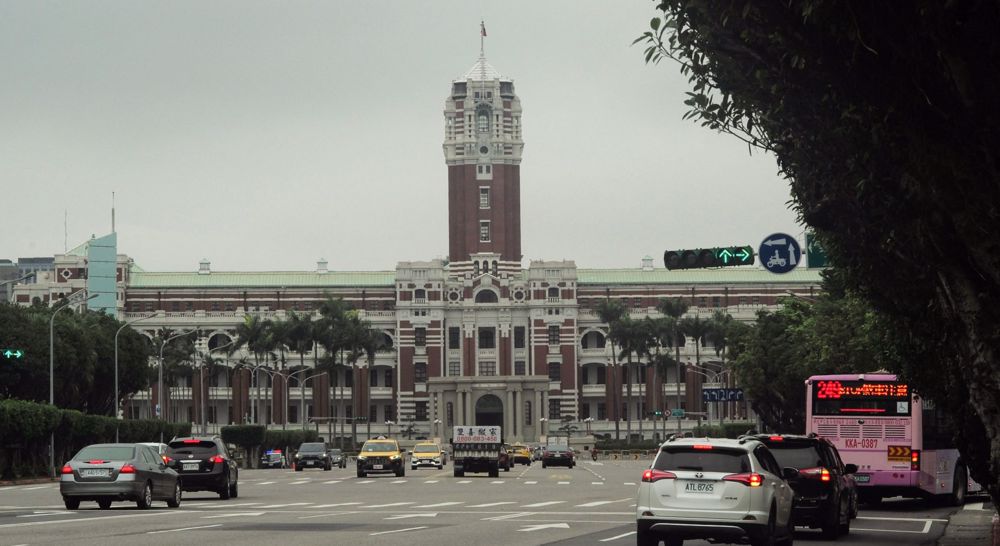
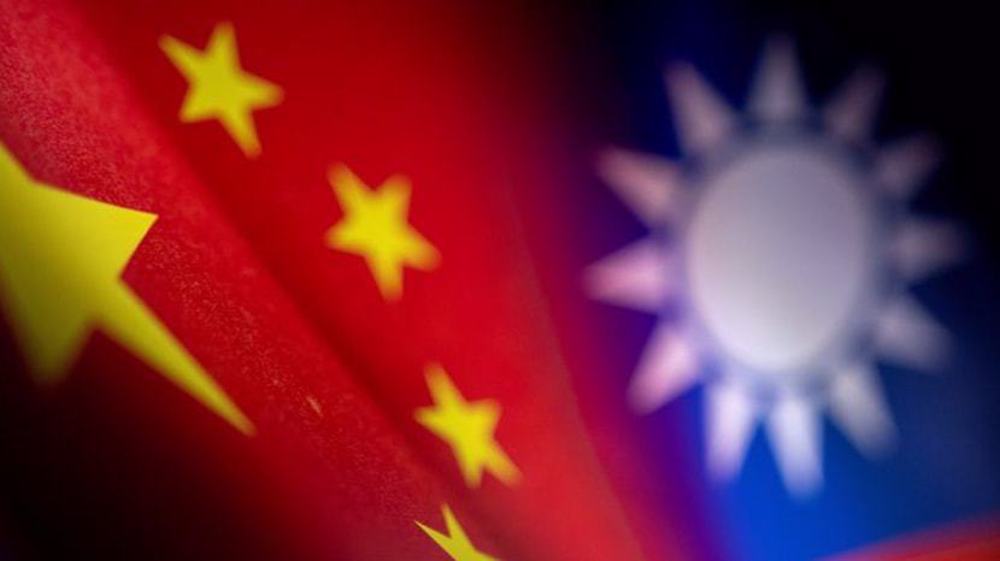
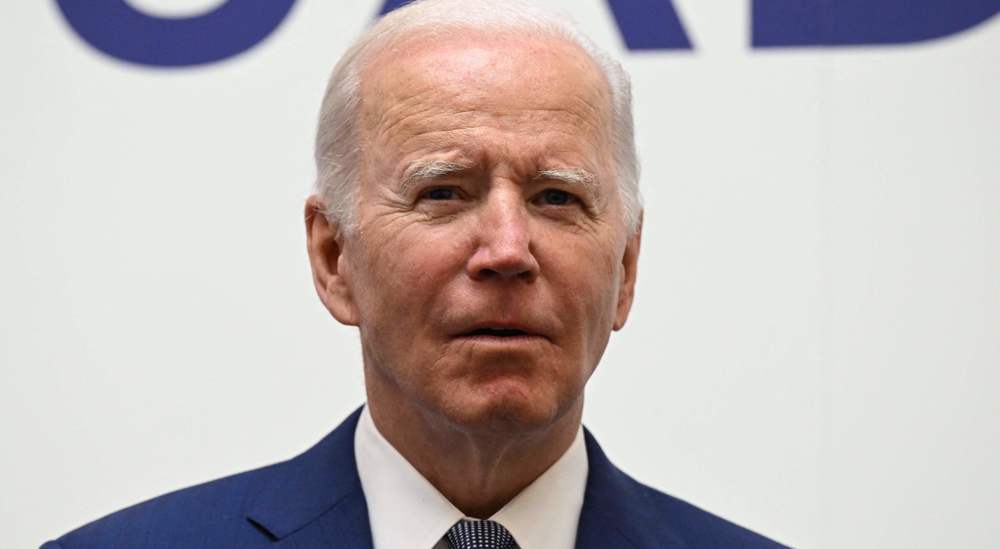






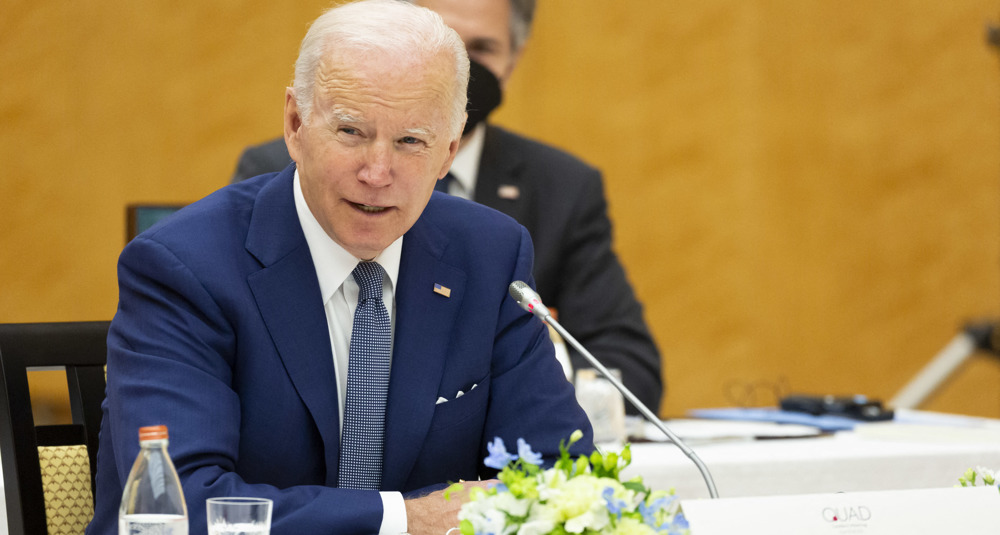
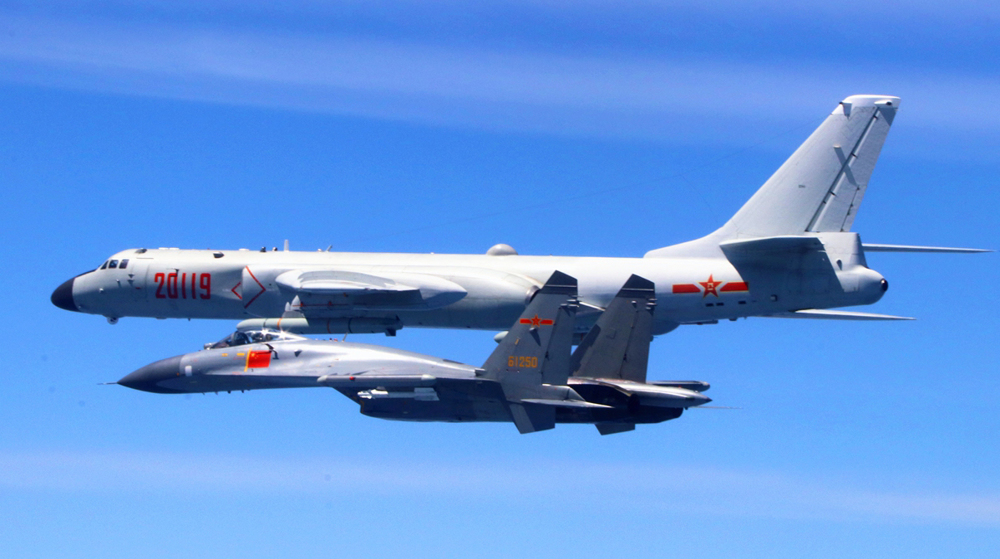
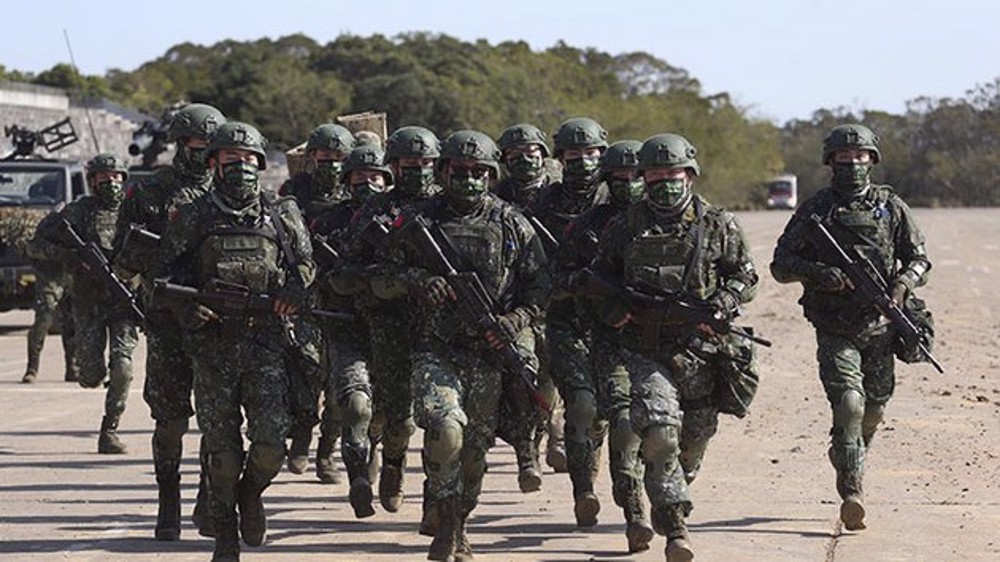
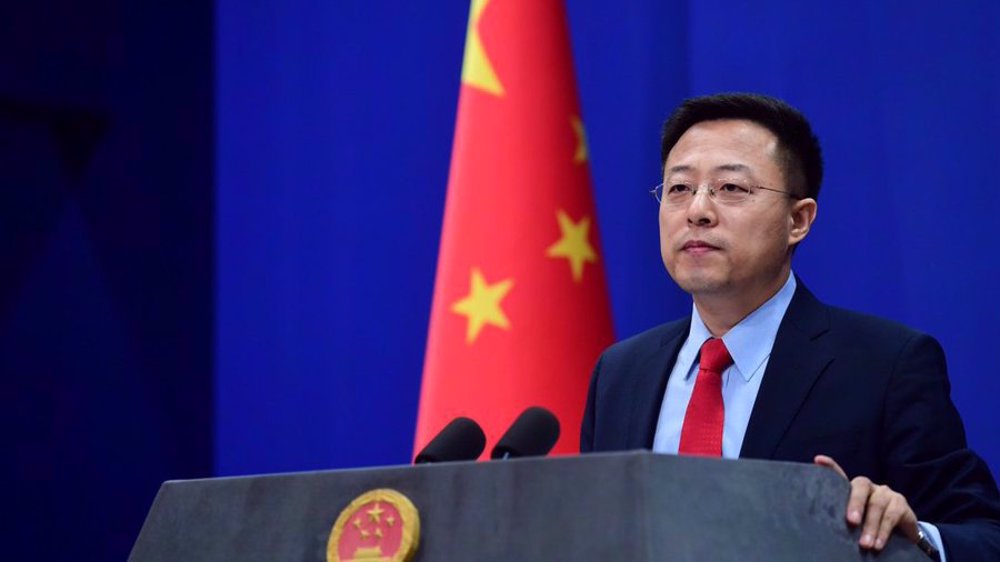


 This makes it easy to access the Press TV website
This makes it easy to access the Press TV website